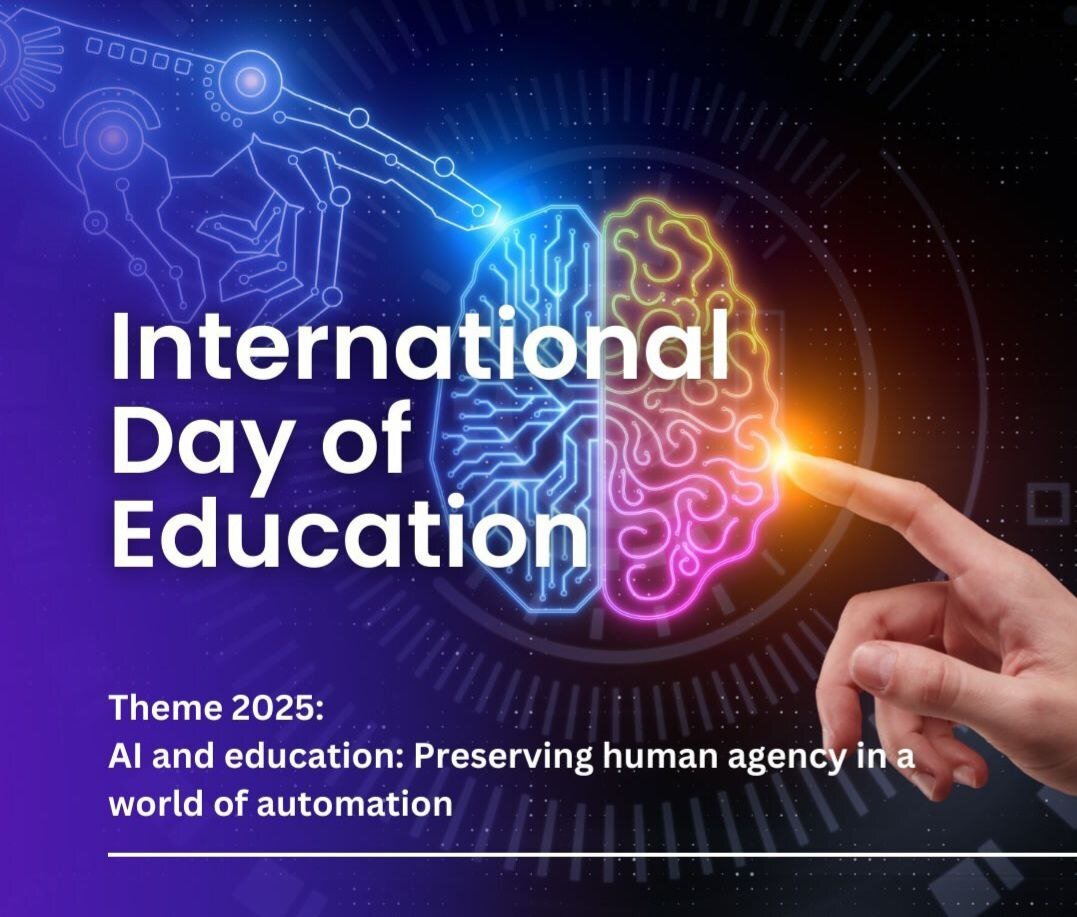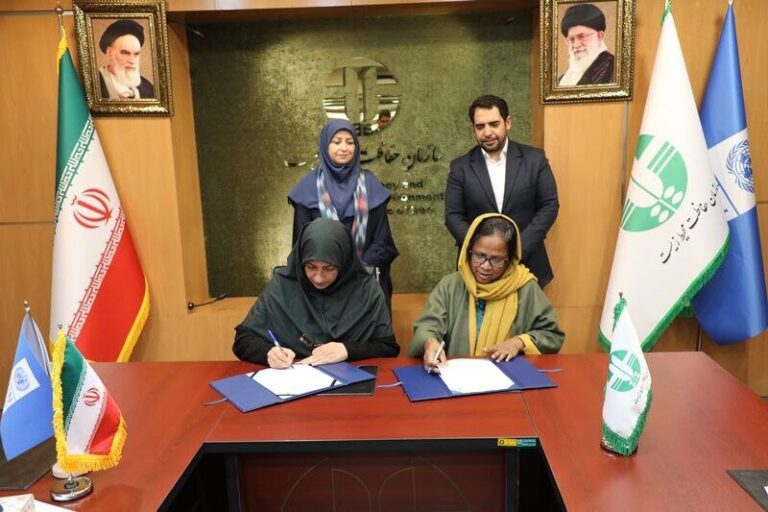Empowering Education: Preserving Human Agency in an Automated AI-Driven World
The International Day of Education, celebrated annually on January 24, emphasizes the critical intersection of artificial intelligence (AI) and education. This year’s theme, “Artificial Intelligence (AI) and education: Preserving human agency in a world of automation,” encourages reflection on how education can empower individuals and communities to effectively navigate and influence technological advancements.
As AI and computer-driven systems become increasingly sophisticated, the lines between human intention and machine-driven action often become blurred. This raises essential questions about how we can preserve and enhance human agency amid rapid technological change.
On this significant day, the United Nations Educational, Scientific and Cultural Organization (UNESCO) aims to highlight the transformative role of AI in education and learning. The event will explore the dynamic relationship between AI and educational practices, examining how AI technologies are not only revolutionizing teaching and learning but also how education can guide the ethical and inclusive deployment of these technologies.
UNESCO Director-General Audrey Azoulay remarks, “AI offers major opportunities for education, provided that its deployment in schools is guided by clear ethical principles. To reach its full potential, this technology must complement the human and social dimensions of learning, rather than replace them. It must become a tool at the service of teachers and pupils, with the main objective being their autonomy and well-being.”
In light of these insights, UNESCO calls on its Member States to invest in training both teachers and students in the responsible use of AI technologies within educational frameworks.
In Iran, the significance of AI in education was a focal point during a national conference held in Tehran on October 9. The conference explored how AI-driven technologies are revolutionizing education. Key points discussed included:
- The promotion of quality and efficiency in educational processes.
- Providing individuals with cutting-edge technologies and smart solutions.
- The importance of analyzing educational data for real-time feedback.
The conference addressed three major axes: recognizing challenges and capabilities, establishing a dynamic and collaborative environment, and discovering assessment methods based on emerging technologies. Discussions included topics such as:
- AI and medical education
- Cognitive sciences and their implications for schools
- Human resources development and educational assessment
- The future of education with AI
- Ethical considerations surrounding AI in schools
The primary aim of the conference was to increase awareness about modern technologies and their application in educational systems.
Despite the growing presence of AI in education, significant gaps remain. In high-income countries, over two-thirds of secondary school pupils are already utilizing generative AI tools for their schoolwork. Additionally, teachers are increasingly relying on AI to prepare lessons and assess students’ work. However, the integration of AI in education is hampered by a lack of clear guidelines.
According to a survey conducted by UNESCO in May 2023, only 10 percent of schools and universities have an official framework for AI usage. By 2022, only seven countries had developed AI frameworks for educators, and merely 15 had incorporated AI training objectives into their national curricula. Concurrently, many nations are imposing restrictions on new technologies in classrooms.
Recent data from UNESCO reveals that nearly 40 percent of countries have enacted laws or policies banning mobile phone usage in schools, a notable increase from 24 percent in July 2023. This trend underscores the urgent need for comprehensive guidelines to support educators in effectively integrating AI into their curriculum and teaching methodologies.
As we observe the International Day of Education 2025, it is vital to recognize the potential of AI in enhancing educational experiences while ensuring that ethical standards and human values remain at the forefront of this technological evolution.
In conclusion, the intersection of AI and education presents both opportunities and challenges. By fostering a collaborative approach and providing clear guidelines, we can empower educators and learners alike to harness the full potential of AI while preserving the essential human element in education.






